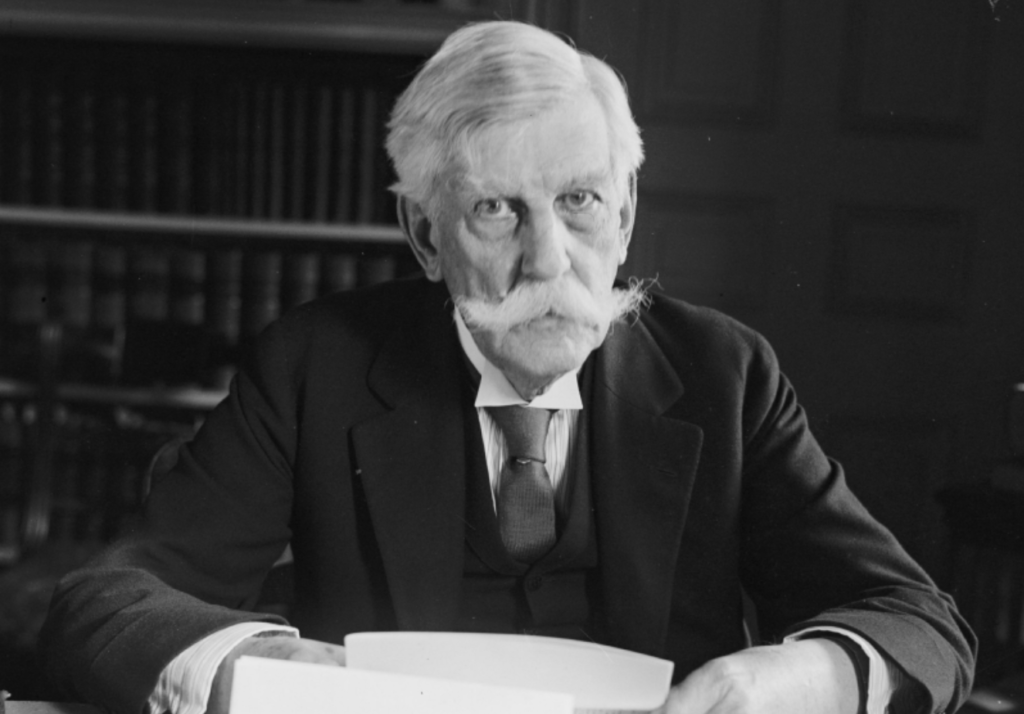“The University is not engaged in making ideas safe for students. It is engaged in making students safe for ideas."
University of California president Clark Kerr
Here's an excerpt from Edwin Chemerinsky's excellent 2017 book, Free Speech on Campus (p. 71):
Concerns about a culture of intolerance on college campuses led President Obama to tell Rutgers graduates in 2016 that democracy and education require a willingness to listen to people with whom you disagree:
I know a couple years ago, folks on this campus got upset that Condoleezza Rice was supposed to speak at a commencement. Now, I don’t think it’s a secret that I disagree with many of the foreign policies of Dr. Rice and the previous administration. But the notion that this community or country would be better served by not hearing from a former Secretary of State, or shutting out what she had to say—I believe that’s misguided. . . .
If you disagree with somebody, bring them in and ask them tough questions. Hold their feet to the fire. Make them defend their positions. If somebody has got a bad or offensive idea, prove it wrong. Engage it. Debate it. Stand up for what you believe in. Don’t be scared to take somebody on. Don’t feel like you got to shut your ears off because you’re too fragile and somebody might offend your sensibilities. Go at them if they’re not making any sense. Use your logic and reason and words. And by doing so, you’ll strengthen your own position, and you’ll hone your arguments. And maybe you’ll learn something and realize you don’t know everything. And you may have a new understanding not only about what your opponents believe but maybe what you believe. Either way, you win. And more importandy, our democracy wins.
Chemerinsky writes (p. 64):
We believe there is no middle ground. History demonstrates that there is no way to define an unacceptable, punishment-worthy idea without putting genuinely important new thinking and societal critique at risk. Universities contribute to society when faculty are allowed to explore the frontiers of knowledge and suggest ways of thinking that may be considered crazy, distasteful, or offensive to the community. When people ask the censor to suppress bad ideas in higher education, many important and positive ideas never have the chance to flourish, and many dangerous or evil ideas are allowed to thrive because they are not subjected to evaluation, critique, and rebuttal. In our view, no belief should be treated as sacrosanct. Nullius in verba remains vital: we must be willing to subject all ideas to the test.
In 2020, Chemerinsky was invited to talk at Claremont McKenna College. Four key points to his talk were reported at the school website:
Free speech: “To me, the core principle (of free speech) is that all ideas and views can be expressed no matter how offensive, even deeply offensive. … The government cannot prohibit speech or create liability for speech on the grounds that it’s offensive.”
Hate speech: “Hate speech is very hurtful. But most of all, the reason why hate speech is protected in the United States is that it stresses an idea. The Late Justice John Marshall Harlan said ‘to censor your words is to censor your ideas. We can’t cleanse the English language to please the most squeamish among us.’”
Campus culture: “Colleges and universities can have time, place, and manner restrictions with regard to speech, as long as they leave it open at alternative places for communication. Government can have time, place, and manner restrictions. For colleges and universities, the government can have it to restrict the disruption of campus activities and to protect safety. Colleges and universities have a moral duty towards the safety of the students and faculty.”
Speech we detest: “We don’t need freedom of speech to protect the speech we like. We need freedom of speech to protect the speech we detest. I am dubious to let the government decide what message to express. Freedom of speech is based on a faith—a faith that we would all be better off in the academic institution, where all our ideas and views will be expressed.”

